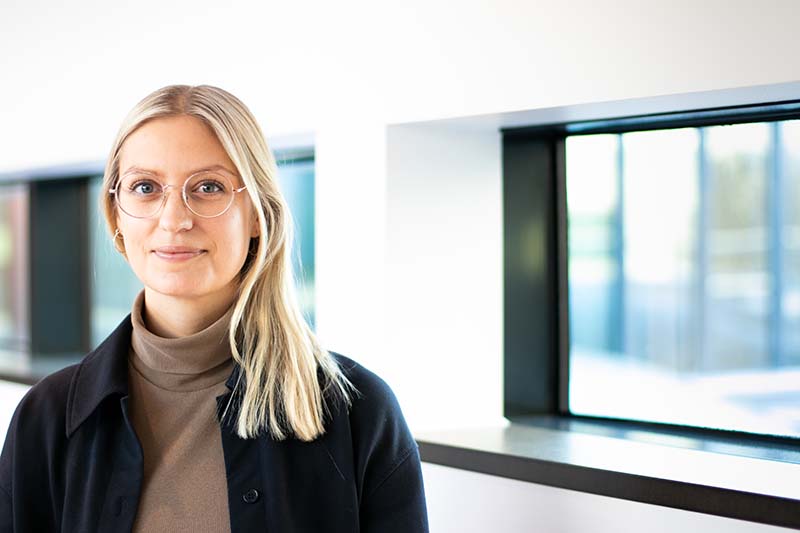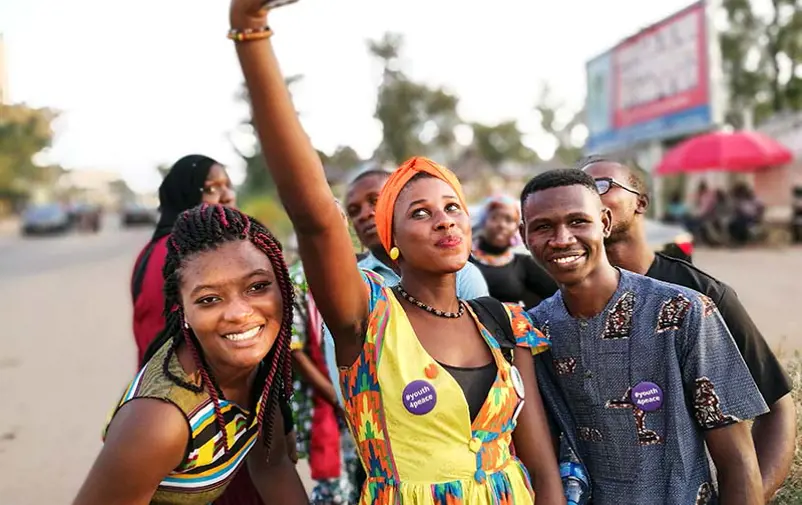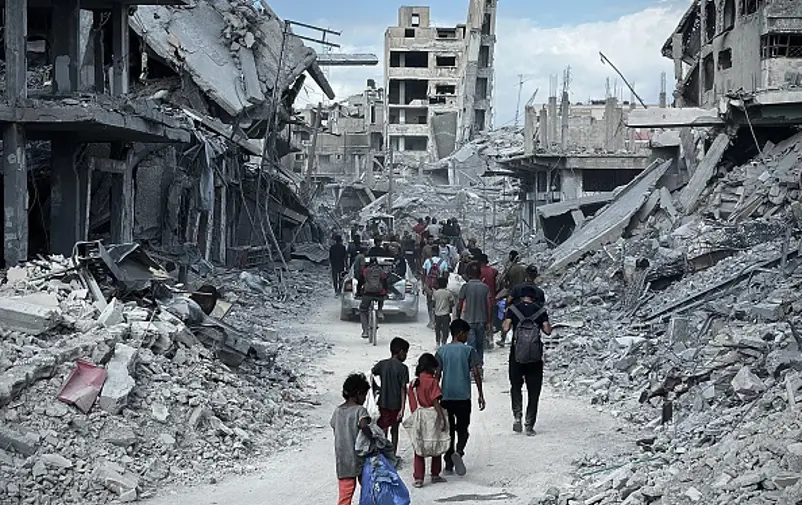New online tool on the Youth, Peace and Security agenda
In 2021, six years have passed since the adoption of UN Security Council Resolution 2250 on Youth, Peace and Security. Two additional resolutions have since been adopted on the same theme and together they represent the agenda for Youth, Peace and Security. In the past year, the FBA, in collaboration with the United Nations System Staff College (UNSSC) launched the “Realizing the Youth Peace and Security Agenda” online course to provide peace practitioners with the skills and knowledge they need to implement the agenda in practice. In December, on the sixth anniversary of the adoption of resolution 2250, FBA and UNSSC jointly launched an open online version of the course.In spite of making up the majority of the population in many countries affected by conflict, young women and men are often excluded from peace processes and decision-making spaces.
The YPS agenda recognizes that young people are important actors in peacebuilding and underscores that they have the right to meaningfully participate in decision-making at all levels of society.
– Since the adoption of resolution 2250 in 2015, we have seen some progress on policy levels. Still, the situation in countries with ongoing conflicts shows that much more needs to be done to support the participation of young women and men in peacebuilding and security processes, says Maja Bredman at FBA’s unit for youth, peace and security and support to civil society.
In 2021, she has been part of a group of experts from FBA and UNSSC that have developed the global course Realizing the Youth Peace and Security Agenda. The course provides peace practitioners from the UN with the skills and knowledge they need to implement the Youth, Peace and Security (YPS) Agenda. The course content is based on the publications Youth, Peace and Security: A Programming Handbook and Youth, Peace and Security Adviser’s Handbook. A pilot version was held in May 2021 with young peacebuilders from several conflict countries and UN officials.
– Within the UN system, we see that many new YPS specialists, advisers and focal points have been appointed, which is a positive development. They will work both at the policy level and in the field to implement the YPS agenda and promote young people’s meaningful participation in peace processes, so they are the primary target audience of the course, says Maja Bredman.

An online version is launched in December
To meet the high demand for skills and knowledge about the YPS agenda and to reach new target audiences, an open version of Realizing the Youth Peace and Security Agenda will be launched on 9 December. This open tool is called the Youth, Peace and Security Primer and can be accessed on UNSSC:s digital platform Elounge. .
– The YPS Primer will be available in English, French, Spanish, Portuguese and Arabic.. It has been designed for peace practitioners, including within the UN, government, civil society and academia, but is an open and free resource for anyone with an interest in Youth, Peace and Security. It is a condensed version of the Realizing the Youth Peace and Security Agenda course. The YPS Primer not only gives an introduction to the foundations of the YPS agenda but also provides concrete guidance on how to enable youths’ meaningful participation and how to conduct a youth-sensitive conflict analysis.
What do you hope will be the impact of the course and the YPS Primer?
– In the peacebuilding community, we often talk about the importance of including young people in peace processes. However, actions for youth inclusion often turn out to be quite symbolic, “tick-in-the-box” exercises.. Peace practitioners like ourselves have a responsibility to support young people’s meaningful participation genuinely and move beyond symbolic initiatives This is what we hope to enable through these courses. Ultimately, we consider them important steps towards the implementation of the YPS agenda in practice.
Photo 1: Photographer: Nii Obodai
Photo 2: Maja Bredman








 >
> >
>

